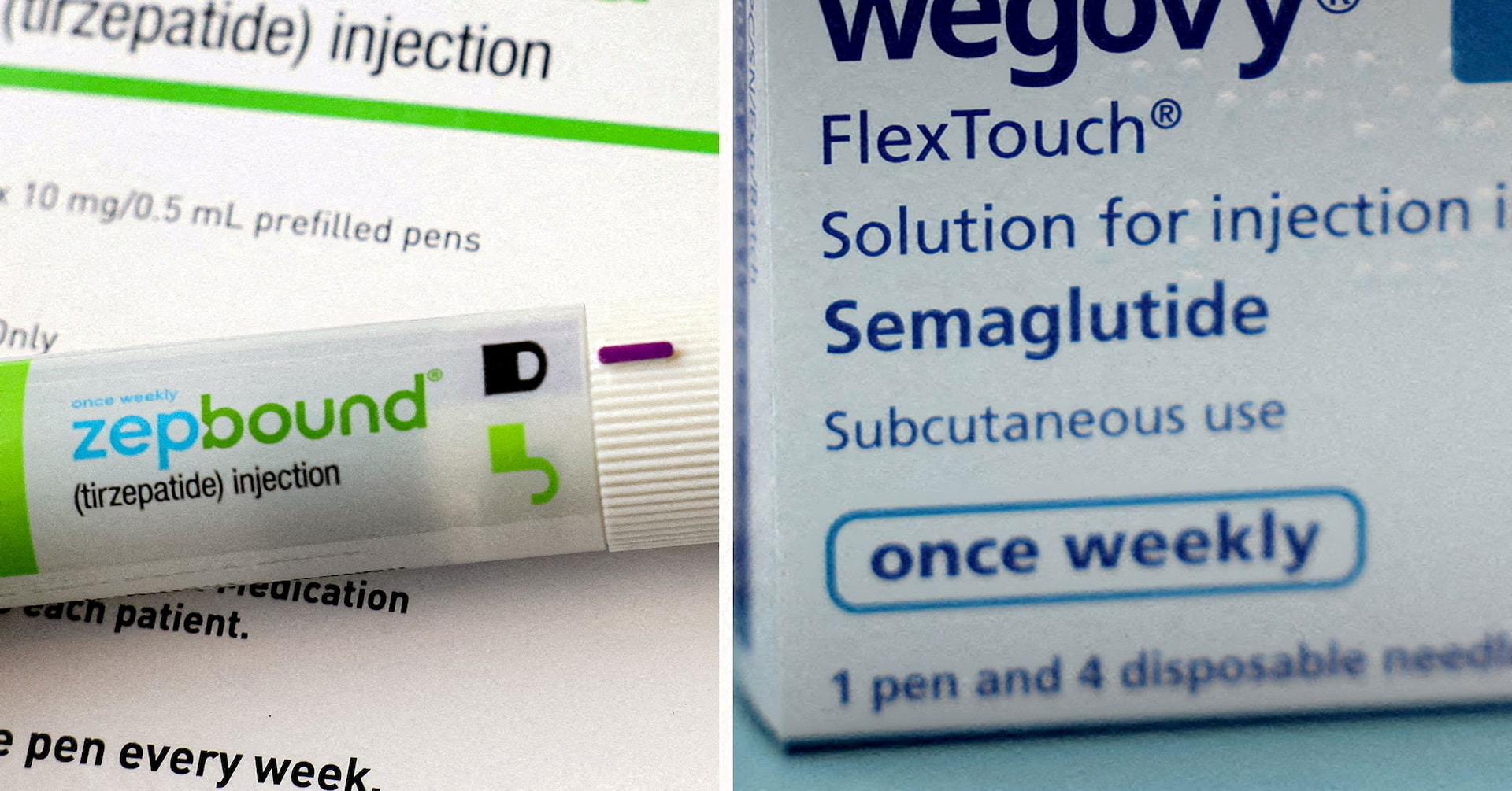
A recent analysis of U.S. pharmacy claims has revealed that nearly two-thirds of patients who began using the weight-loss medications Wegovy or Zepbound in 2023 were still on the therapy a year later. The data underscores a relatively high adherence rate to these widely prescribed medications, indicating their significant role in long-term weight-loss management.
Wegovy, developed by Novo Nordisk, and Zepbound, made by Eli Lilly, are part of a new class of weight-loss drugs known as GLP-1 receptor agonists, which work by mimicking hormones that regulate appetite. Their effectiveness in promoting weight loss and reducing obesity-related health risks has made them popular choices for patients seeking sustained results.
The analysis, based on pharmacy claims data, suggests that about two-thirds of users remained on the medication 12 months after initiation. This is in contrast to earlier concerns that patients might discontinue due to side effects, costs, or limited long-term insurance coverage.
High adherence rates are crucial for maximizing the benefits of such treatments, and the findings could shape how insurers and healthcare providers approach coverage and long-term support for weight-loss interventions. As demand for anti-obesity therapies grows, data on sustained usage could influence future medical guidelines and reimbursement policies.
The full report detailing the methodology and comprehensive findings of the claims analysis has not yet been released, but medical professionals and policy makers are expected to monitor these trends closely as part of broader efforts to address the obesity epidemic in the United States.
Source: https:// – Courtesy of the original publisher.








